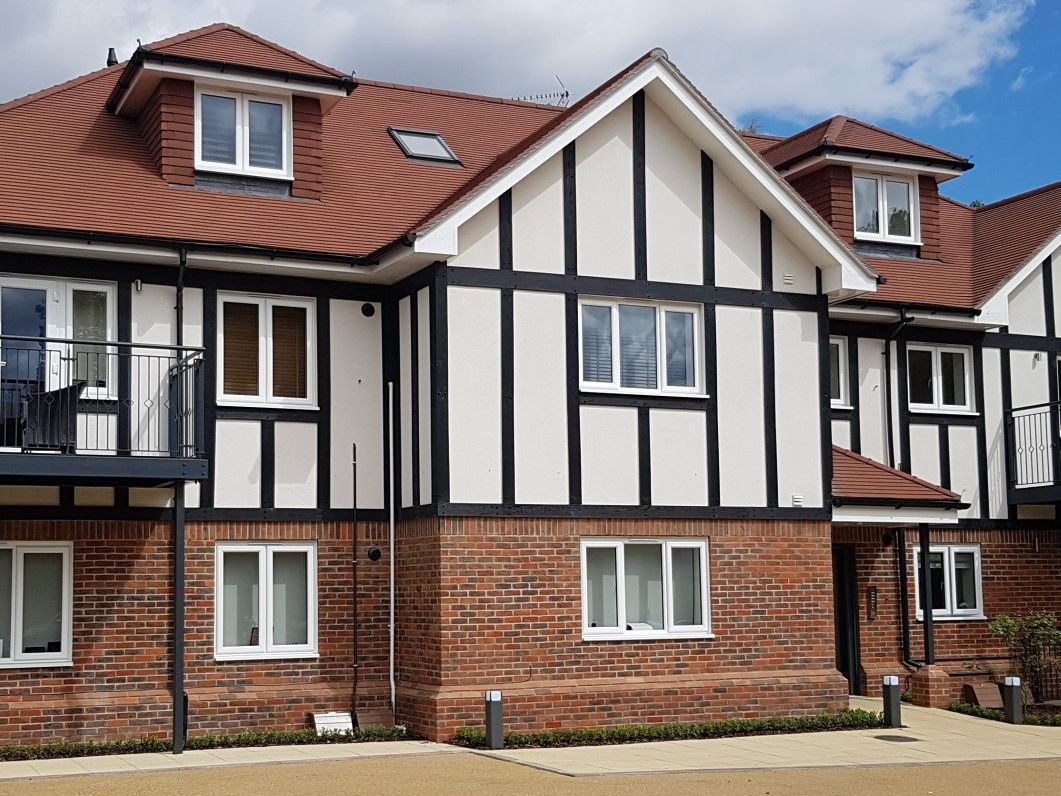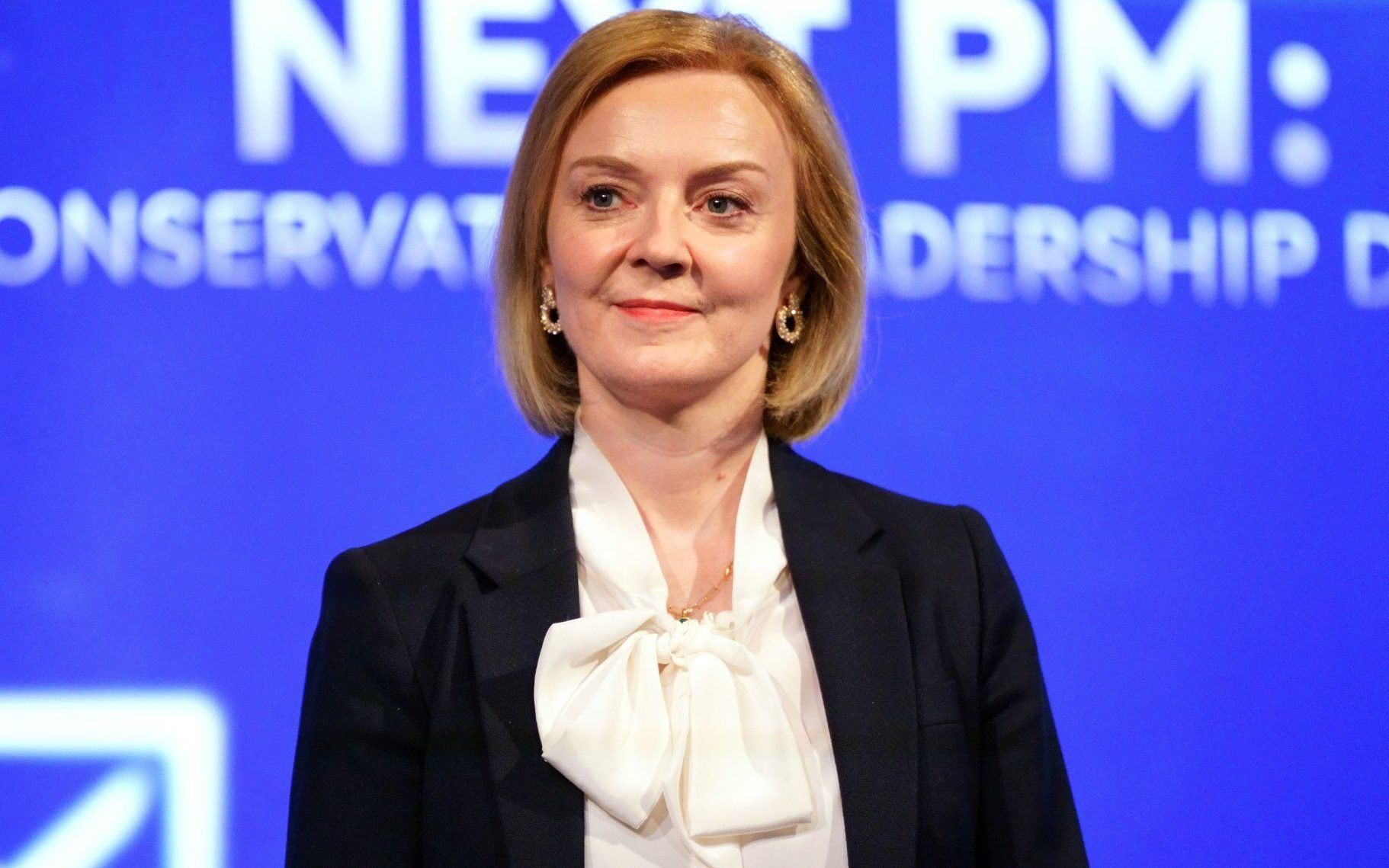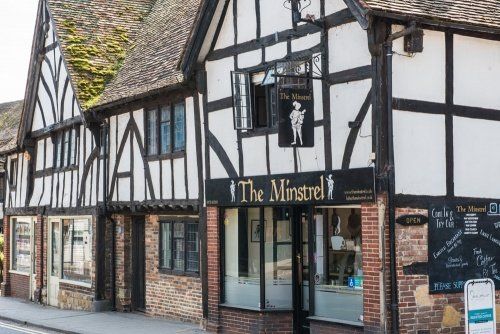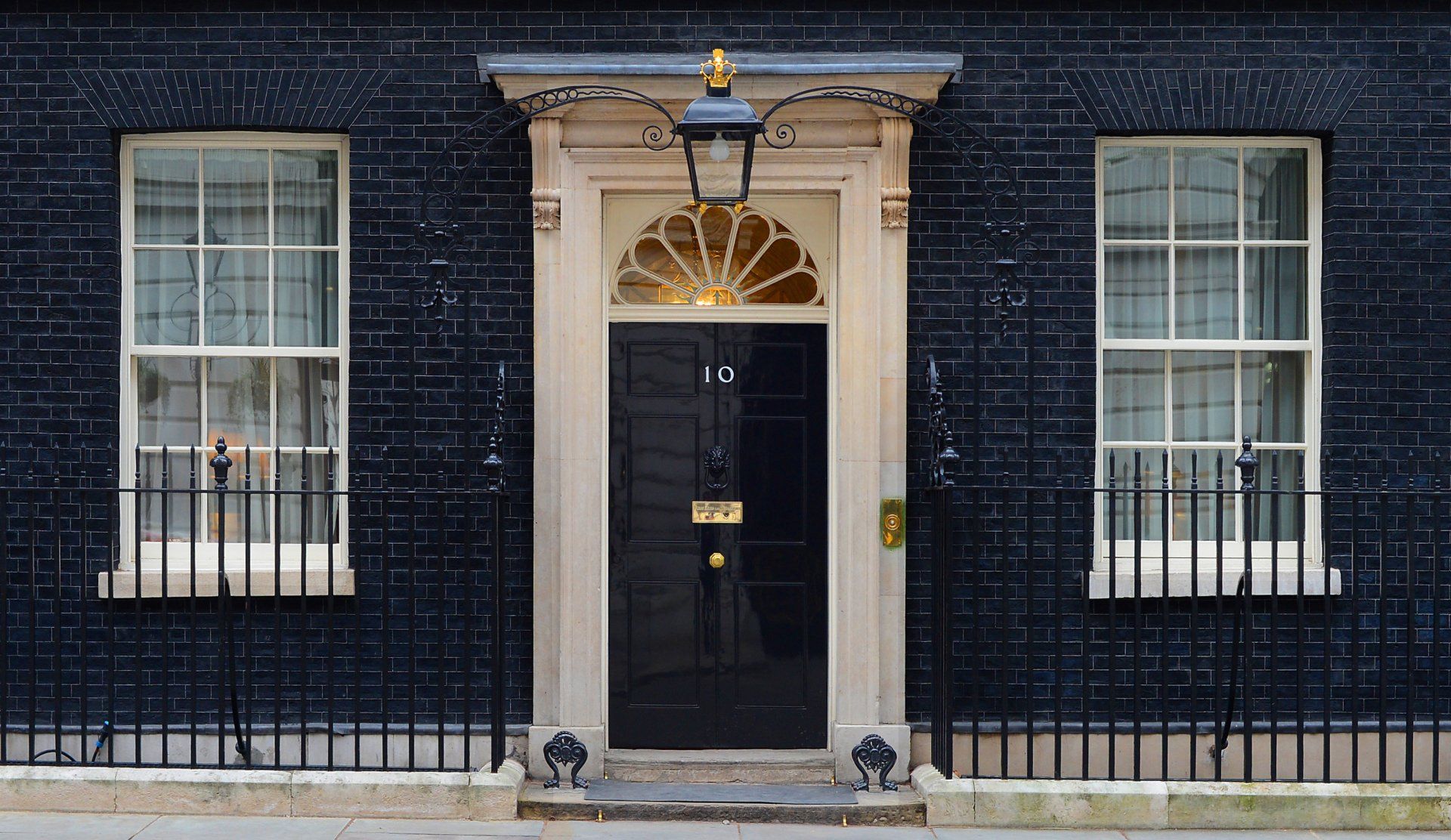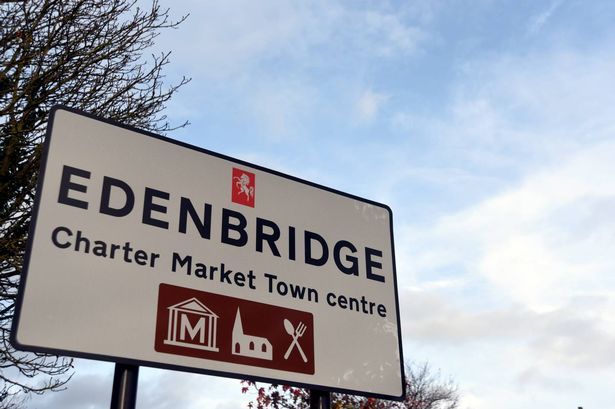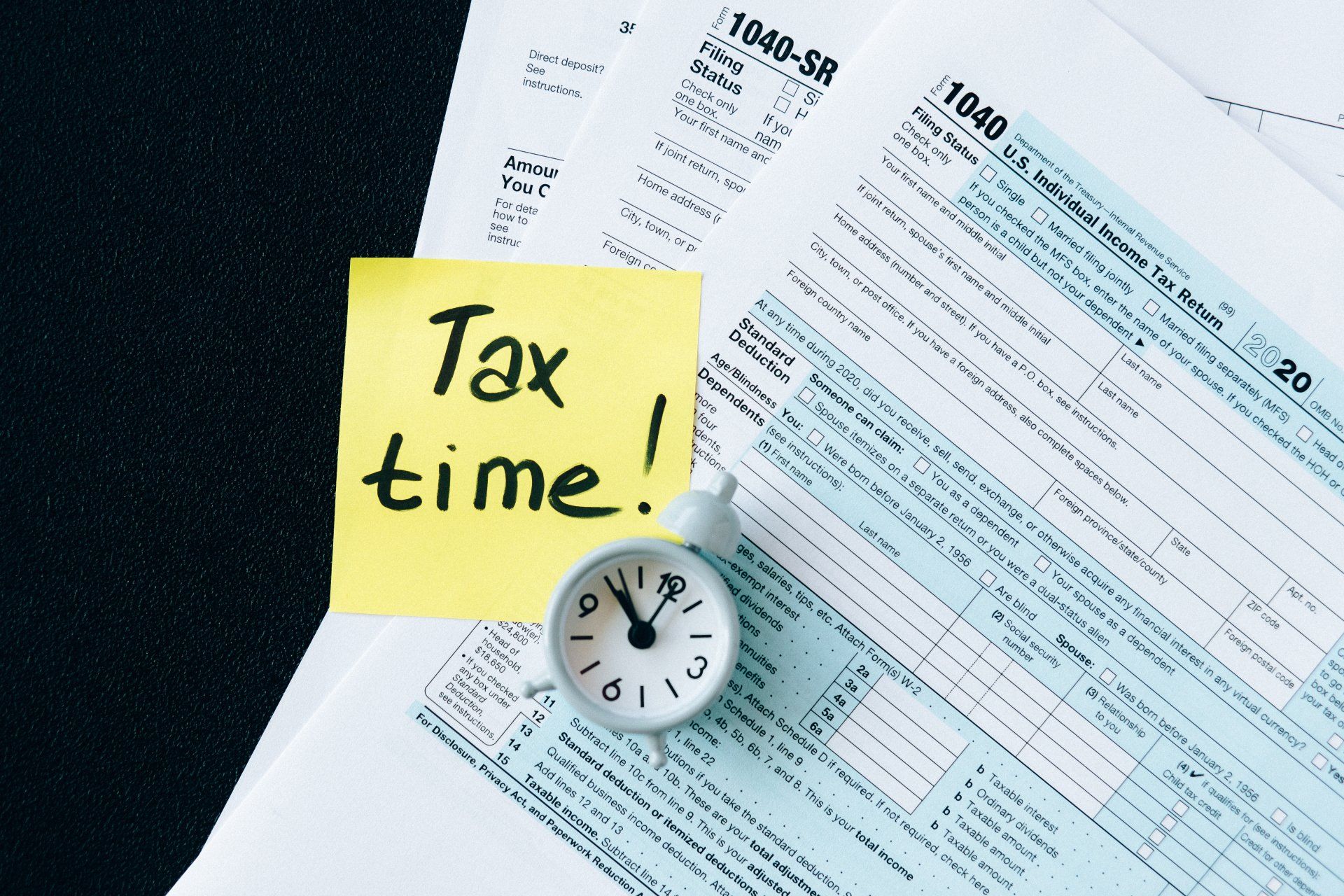Property as a Hedge Against Inflation
What is Inflation?
Have you ever wondered why characters in historical films act as though £100 is an obscenely large sum of money? Or why the price of a freddo has jumped 170% since 2000? Well, this is due to an economic phenomenon known as inflation.
If you have been watching the news over the past few months, you’ve undoubtedly heard this word numerous times. But what is it? Worryingly, inflation is defined as the decrease in purchasing power for a currency over time. This means that, during times of high inflation rates (a percentage rate calculated from the average price increase of a basket of goods and services over a period), the money you have is able to buy you less.
- What Causes Inflation?
There are many factors that contribute to increased inflation rates within an economy. The type of inflation we’re currently facing (demand-pull) is a result of supply chain issues, meaning that the supply of goods and services are not satisfying their respective demand. This increases supply costs, which are then passed onto the consumers.
- Why is it relevant?
Inflation is often seen as a negative term due to its association with an increased cost of living and financially tougher times. However, as an investor, there are ways in which you can protect, and even increase, the value of your wealth by better understanding inflation…
Property & Inflation
Much like inflation, you’ve probably heard the media frenzy over the red-hot property market. In 2021, global house prices saw a 10.3% average increase (source: Knight Frank), whilst the average UK house price alone rose by 10.8% from December 2020 to December 2021 (source: Gov.uk).
But how does this relate to inflation? To answer that, we need to look at the knock-on effects caused by inflation:
- Increased spending and investing.
- This occurs because interest rates and inflation rates have an inverse relationship, meaning that when one is high, the other tends to be low. Low interest rates and high inflation devalues money kept in savings accounts. Therefore, people look to spend their money or invest it in assets that correlate with inflation.
- Increased wages and employment.
- During periods of high inflation, companies are often expected to increase employees pay in line with inflation. Furthermore, to combat demand-pull inflation (the most common form observed), companies need to hire more labour to meet the demand.
- Lowers the value of borrowing.
- This is especially true for borrowers with fixed rate loans as periods of high inflation decreases the real value of the money you owe therefore you pay back less. However, governments can increase interest rates to control increasing inflation rates therefore those on adjustable rates may not benefit from this.
With more money, more incentives to spend and invest, and decreasing borrowing costs, it’s no wonder why everyone is currently looking to purchase property.
If you’d like to explore what can be achieved through investing in property, get in touch!
